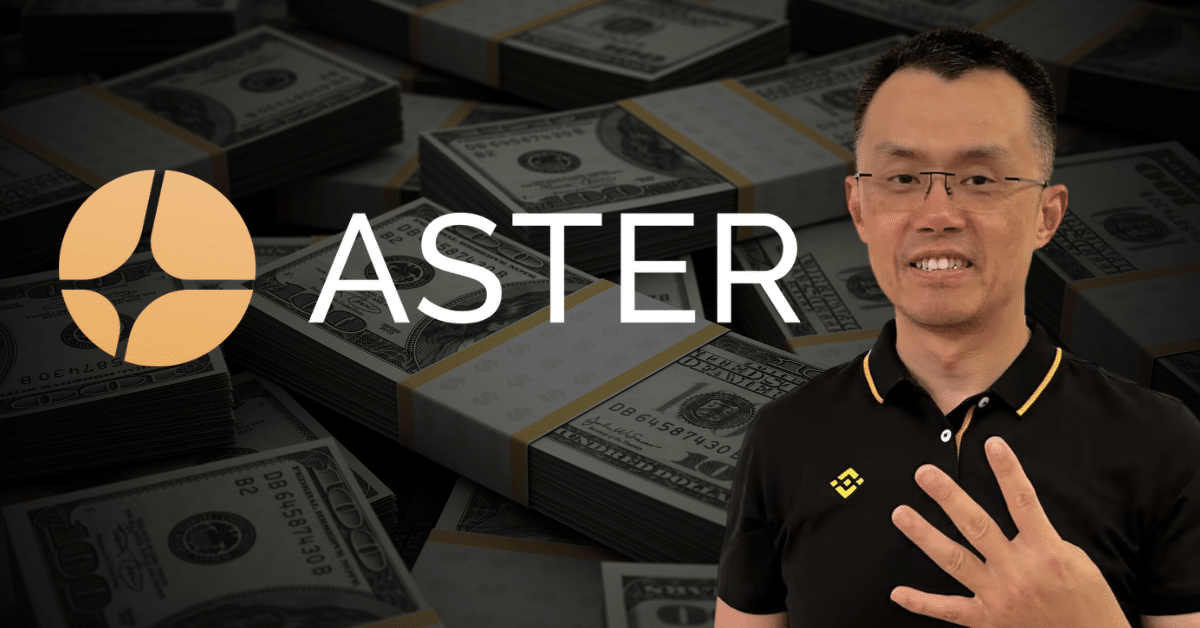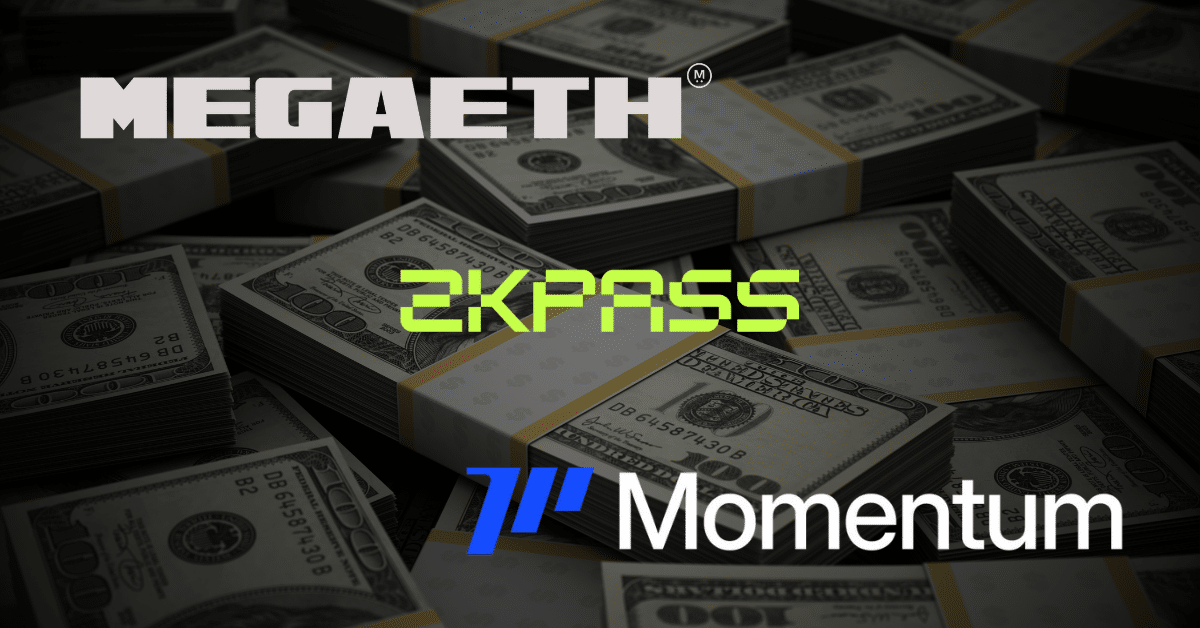The continuing dispute between Ripple Labs and the U.S. Securities and Exchange Commission took a new turn when U.S. District Judge Analisa Torres refused to approve a settlement agreement. The deal aimed to bring an end to the lengthy dispute by revising penalty terms and allowing both parties to withdraw their appeals. However, with the judge’s rejection, the case remains active and unresolved.
Ripple Ruling Stirs Crypto Uncertainty
This decision has reignited debate within the cryptocurrency community regarding XRP’s regulatory status and the broader uncertainty surrounding digital asset regulations. What many expected to be the final chapter in one of crypto’s most-watched enforcement cases has been postponed. Ripple and the SEC now face more negotiations, delaying a clear resolution and extending market uncertainty.
Bill Morgan Denounces False XRP Claims
Prominent attorney and vocal advocate for XRP, Bill Morgan, was quick to reject these claims, describing the post as “the biggest falsehood I’ve seen in the crypto space this year.” Morgan urged the community to remember an important fact from the case: in 2023, Judge Torres issued a clear ruling that XRP does not qualify as a security, particularly when it is traded on secondary markets.
This landmark decision was important because the SEC notably decided not to challenge or appeal it, effectively acknowledging the ruling’s weight. Morgan’s comments served to reassure XRP supporters and underline that much of the recent misinformation is misleading or outright incorrect.
Bill Morgan Clarifies XRP Facts
The accusations were quickly and firmly dismissed by Bill Morgan, a well-known lawyer who supports XRP. He called the post “the biggest lie I’ve seen in crypto this year.” Morgan reminded everyone that Judge Torres had already ruled in 2023 that XRP is not a security, especially when it’s traded on secondary markets — a decision the SEC notably chose not to appeal.
Adding to the discussion, Morgan recently highlighted in a post that XRP is a finite asset, with its total supply decreasing over time due to its burn rate. He pointed out that other cryptocurrencies also have a limited supply, emphasizing XRP’s scarcity as a common trait among digital assets.
Ripple’s Victory Stands Firm
Although Judge Torres’ recent ruling pushes back the final resolution, it doesn’t erase the important legal clarity her earlier decision provided regarding XRP. The key principle—that XRP itself is not automatically classified as a security—still holds firm and has yet to be disputed in higher courts.
Experts in the legal field expect Ripple and the SEC to return to negotiations focused on settling penalty terms. While the next steps may be uncertain, the fundamental outcome of the case remains unchanged. The denial of the settlement simply means the process will take longer, but it does not undo Ripple’s major legal victory.
XRP Faces New Uncertainty
The judge’s refusal to approve the settlement adds new uncertainty to XRP’s future. Investors and traders still don’t know how XRP will be legally classified, which affects how exchanges list it and how people follow the rules. This unclear situation often causes price swings and makes big investors more careful.
Meanwhile, Ripple Labs keeps working on its global payment system, especially for cross-border transfers. But the ongoing regulatory questions make it harder to build partnerships and grow, as banks want clear answers about XRP’s legal standing.
Final Thoughts
The legal fight between Ripple Labs and the SEC is still ongoing after the judge said no to the settlement deal. This means there is more uncertainty about XRP’s future. Even though the case is not finished, the important 2023 decision that XRP is not a security still stands and hasn’t been challenged.
Ripple continues to work on its payment system, but the unclear rules surrounding XRP make it more challenging to grow and form partnerships. Now, Ripple and the SEC must continue their discussions, and many in the cryptocurrency world are waiting to see how this will unfold and what it means for digital currencies.























